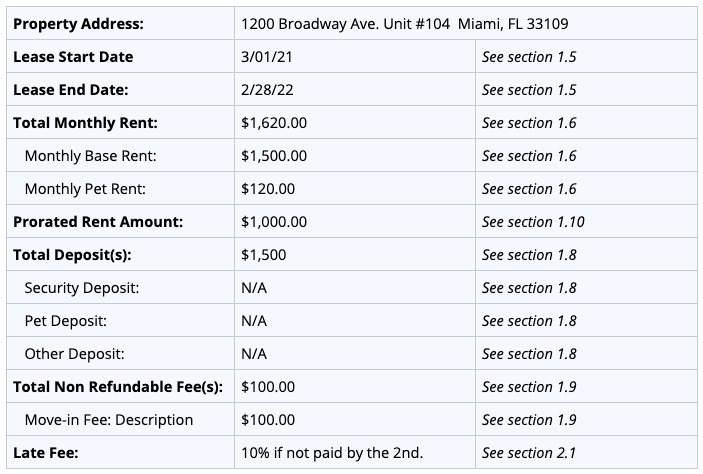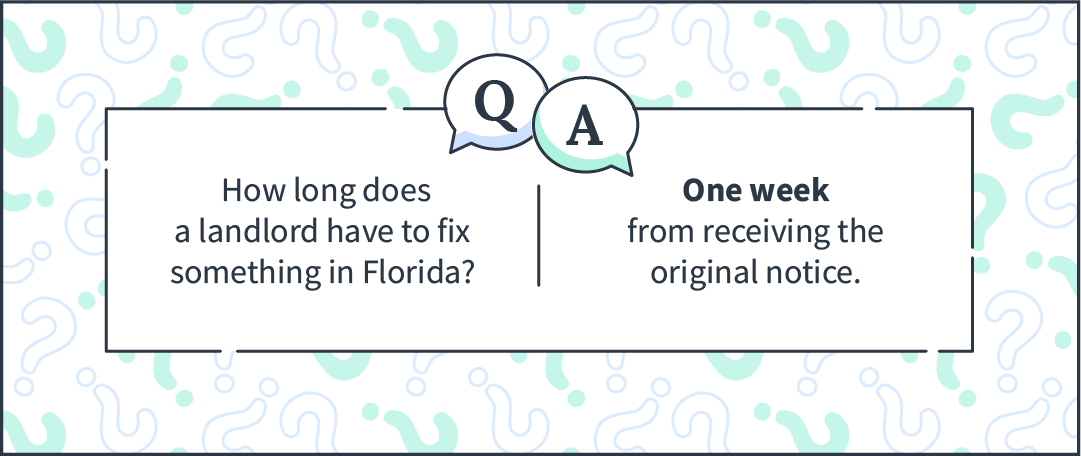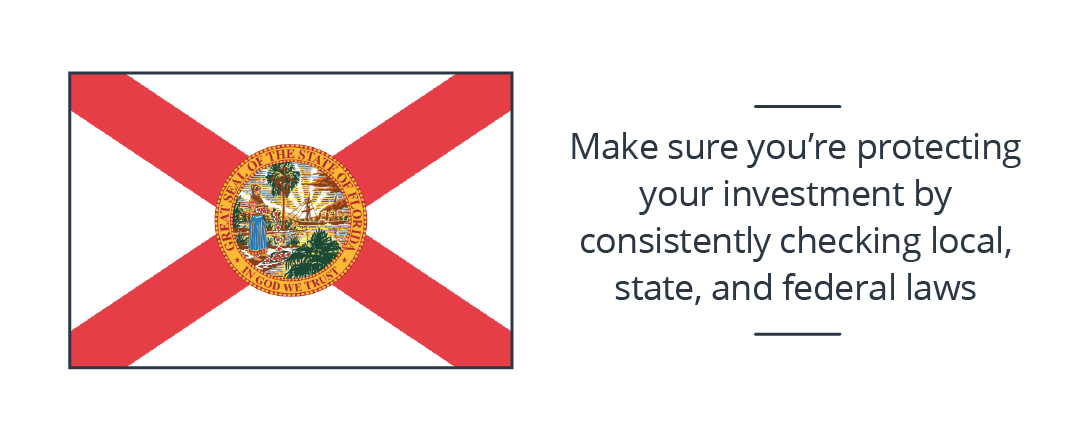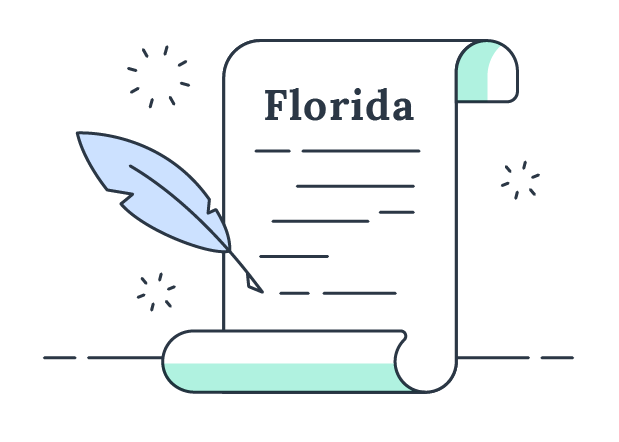Florida is one of the most populous states in the U.S., home to a number of top universities such as the University of Central Florida and Florida International University. As such, it’s an ideal option for a landlord looking to invest in rental property for the first time or expand their existing assets.


Curious about Florida rental applications? Dive into our platform to discover how we simplify the process while ensuring compliance with state laws. Learn about our customizable applications that allow you to include specific details like pet policies, hurricane preparedness, and property amenities. From seamless tenant screening to user-friendly e-signatures, explore how our platform streamlines the rental application process for Florida landlords. Take the hassle out of Florida rental applications and gain peace of mind with our comprehensive solutions tailored to the Sunshine State.
Florida Renters’ Rights and Landlord Responsibilities
- Give tenants three days before filing for eviction.
- Maintain habitable housing or tenants may withhold rent.
- Florida landlords must return a security deposit within 15 days if there are no deductions or within 30 days if there are deductions.
- Florida landlords must provide 12 hours advance notice of entry (except in emergency situations).
- Specifically disclose any lead paint on the property.
When it comes to Florida rental laws, there are a few specifics that landlords need to know:
- Filing for eviction: In Florida, landlords must give tenants three full days to either pay overdue rent or move out of the unit before they can officially file for eviction.
- Provide habitable housing: If landlords don’t deal with repairs that affect a tenant’s quality of life, such as a broken heater in the winter or a perpetually-clogged sink, the tenant may legally withhold rent until the repairs are taken care of.
- Timeline for security deposits: Florida landlords must return a security deposit within 15 days if there are no deductions or within 30 days if there are deductions.
- Notice for entering: The required notice to enter a unit is shorter in Florida than in many other states. Landlords must provide 12 hours’ notice before entering the unit, though this may not apply in case of emergencies.
- Specific disclosures: There are specific disclosures that landlords must make clear to tenants, including any lead-based paint in the unit and whether the security deposit will gain interest during the lease term.
- Rental applications (Miami-Dade County only): As of May 22, 2022, it is unlawful for landlords to require eviction history disclosure in tenant applications until the renter has been determined qualified to rent the unit.
On the flip side of Florida rental laws are tenant responsibilities. Renters are obligated to uphold their part of the lease agreement just like landlords.
- Comply with housing codes: Florida tenants are required to do their part in making sure the unit is keeping up with housing codes by maintaining the safety and cleanliness of the building.
- Take care of the property: Tenants are not allowed to destroy or deface any of the items within the unit belonging to the landlord, including most appliances.
- Maintain the plumbing: Along with these first two points, Florida tenants should be keeping plumbing fixtures clean and functioning.
- Keep garbage to a minimum: In order to keep the unit safe and clean, tenants should be removing garbage frequently and disposing of it properly.
- Mind the neighbors: Tenants can’t disturb the peace of their neighbors with unsafe behavior or noisy activities.
Criminal Background Check
- HUD (Federal) laws do not classify criminal backgrounds as a protected class, but making a decision to rent based off a criminal background alone could lead to a discrimination charge as it impacts certain protected groups of people disproportionately. However, if the criminal background check revealed a crime for the manufacture and distribution of drugs, homicide and/or stalking, denying the application is allowed.
- Landlords should have a consistent and equal policy or procedure in place to follow regarding criminal background checks so as not to discriminate against one class of people over another.
- HUD states that a landlord cannot ask about arrest records, only convictions, as innocent people are commonly arrested though the situation may not have resulted in a conviction.
- Miami-Dade County states you cannot ask about prior eviction records in the application process until an offer to rent has been made.
Tenant Screening Criteria
The State of Florida has no added laws or restrictions around the collection of criminal background checks, though Miami-Dade County prohibits checking for prior eviction records until a conditional offer to rent has been made. Adherence to general federal law is required. To avoid the perception of discrimination, make sure your screening criteria is stated and is consistent and equal for all groups of people.
Application Fees
The State of Florida has not capped the cost of application fees.
Disclosures
Provisions that, if left out, invalidate the lease:
- Radon Gas notification and information.
- If a Florida landlord leases five or more units, they must disclose the name and address of the bank where security deposits are held.
Build a Florida lease agreement with all of the required disclosures in less than 15 minutes.
Florida Lease Agreement Example
There are three sections to a residential lease agreement. The first section outlines the custom details of the contract, such as who’s involved and for what address. Here’s an example Florida lease agreement listing details found in Section 1:
Florida Landlord-Tenant Law FAQ
Below are answers to some of the most commonly-asked questions when it comes to landlord-tenant laws in Florida:
What are My Rights as a Renter in Florida?
There are many rights granted to tenants in Florida, including the right to live in a safe and functioning home, the right to proper written notice before eviction, and the return of the security deposit promptly after moving out. Florida landlords must return a security deposit within 15 days if there are no deductions or within 30 days if there are deductions.
What are Your Rights as a Tenant Without a Lease in Florida?
Even if a tenant in Florida hasn’t signed a formal lease agreement, they still have the same basic protections as leasing tenants, along with a claim to the property. By paying rent, these types of tenants still have rights under the state-specific laws governing residential rental transactions.
How Long Does a Landlord Have to Fix Something in Florida?
Landlords in Florida are required to make repairs within one week of receiving notice of the issue. If they do not, tenants may be able to withhold rent until the issue is taken care of.
How Long Can a Tenant Stay After the Lease Expires in Florida?
Without paying extra rent, tenants can’t remain in the unit for any amount of time after the lease expires. If they do stay after the end of the lease, they become “holdover tenants” and landlords may legally charge double the amount of the original rent per month.
How Much Notice Does a Landlord Have to Give a Tenant to Move Out in Florida?
Landlords must provide a 15-day written notice for tenants to move out, specifying the exact date when the tenants must be out of the property.
Can a Landlord Enter Without Permission in Florida?
Florida landlords must provide 24 hours advance notice of entry (except in emergency situations). Landlords may enter a unit without permission in a specific set of circumstances:
If the tenant withholds access unreasonably after the landlord has sent a 12-hour notice.
There is an emergency that threatens the property, such as a fire.
If the landlord believes the tenant has abandoned the property. The tenant must have been absent for at least two weeks in this case.
Due Diligence and Florida Rental Laws
TurboTenant has utilized many municipal sources along with official state statutes in order to compile this information to the best of our ability. However, local laws are always in flux and landlords and tenants alike should be sure to do their due diligence and consult legal help when it’s needed. We hope the following list can serve as a valuable resource and allow you to succeed as a tenant or landlord in Florida. Be sure to take proper precautions when it comes to finding the top candidates for your unit by utilizing our online rental application and tenant screening services.
Disclaimer: TurboTenant, Inc does not provide legal advice. This material has been prepared for informational purposes only. All users are advised to check all applicable local, state, and federal laws and consult legal counsel should questions arise.
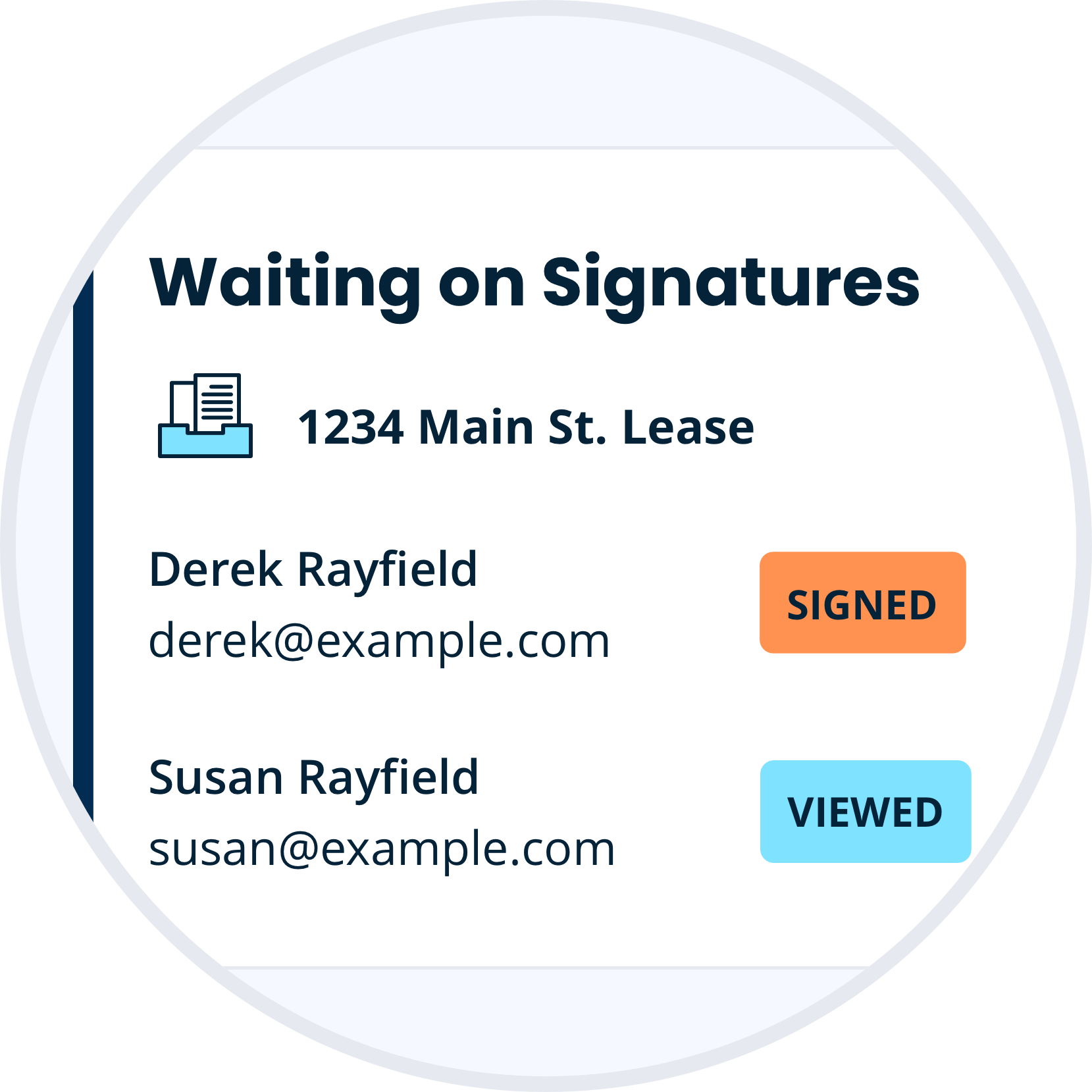
Unlimited Everything.
Create a single Florida lease agreement, or subscribe and receive unlimited lease agreements, landlord forms pack, and e-signs for a simple annual fee. Be confident with all the legal forms and tools you need as a professional landlord.
Discover Our Unlimited PlanGeneral Florida Landlord-Tenant Law Resources
Florida Fair Housing Resources
Additional Florida Rental Laws Resources
- Landlord/Tenant & Public Housing – Community Legal Services of Mid Florida
- Rights And Duties Of Tenants And Landlords – The Florida Bar
- Landlord-Tenant Forms – The Florida Bar
Florida Landlord Associations
Federal Fair Housing Resources
- Federal Fair Housing Act
- United States Department of Housing and Urban Development (HUD)
- Civil Rights Act of 1968 (Wikipedia)
City-Specific Housing Resources
Palm Bay
Pompano Beach
- Landlord and Tenant – Broward County
- Fair Housing – Broward County
- Greater Fort Lauderdale REALTORS®
West Palm Beach
Miami



